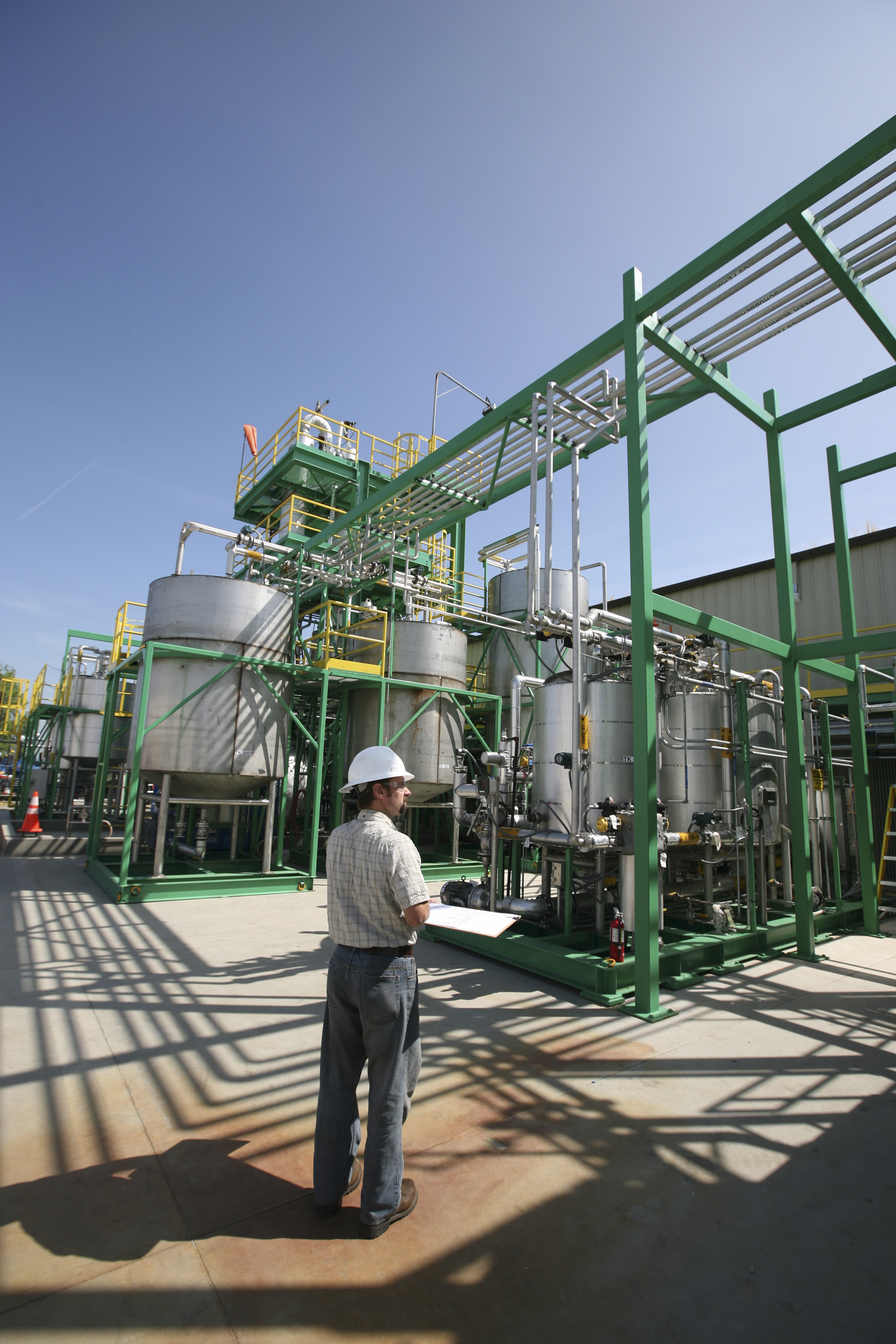Making Cellulosic Ethanol at Sugar Cane Plants
Of the many approaches to making biofuel from non-food sources, locating a cellulosic ethanol line at an existing corn or sugar cane ethanol plant promises to be one that lowers capital costs.

Biofuel startup Edeniq this week said it has begun construction of a demonstration-scale cellulosic ethanol operation at a sugar cane plant owned by Usina Vale in Brazil. Edeniq’s process will make fuel from bagasse, the material left over after juice has been extracted from sugar cane plants. The ethanol will be added to the plant’s existing production.
The amount of money needed for this “bolt-on” is lower than building a stand-alone facility, says Edeniq CEO Brian Thome. In addition to technical and engineering problems, many advanced biofuels companies have struggled to fund large-scale operations since financiers are wary of new technology.
“The whole goal all long has been to plug in and utilize the billions of dollars already put into the industry in the U.S. and Brazil,” Thome says.
Thome wouldn’t say how much Edeniq’s fuel costs per gallon but he said the capital and operating costs are within the same range as corn or sugar ethanol plant. The technology also allows ethanol plant operators to make use of bagasse or corn stover without the logistics of transporting the feedstock. At Usina Vale’s plant, the bagasse is currently burned to help run the machines.
Edeniq has developed proprietary machines for crushing feedstock, which can be bagasse or corn stover, the plant material from corn stalks. After pretreatment, biomass is treated with enzymes to convert it into sugar water, which is then fermented into ethanol.
This plant, expected to be open in the middle of next year, will process 20 dry tons a day of bagasse, a step up from a two-ton-a-day pilot plant in California which was funded mostly by the DOE, Thome says. The company has plans for larger plants either in the U.S. or Brazil. India, another sugar cane producing country, has potential for bagasse ethanol production.
This bolt-on approach is being tried by other biofuel companies as a way to leverage existing corn or sugar cane facilities. Poet next year will open a corn cob-to-ethanol plant, called Project Liberty, next to one of its existing corn ethanol facility in Iowa.
Keep Reading
Most Popular
Large language models can do jaw-dropping things. But nobody knows exactly why.
And that's a problem. Figuring it out is one of the biggest scientific puzzles of our time and a crucial step towards controlling more powerful future models.
How scientists traced a mysterious covid case back to six toilets
When wastewater surveillance turns into a hunt for a single infected individual, the ethics get tricky.
The problem with plug-in hybrids? Their drivers.
Plug-in hybrids are often sold as a transition to EVs, but new data from Europe shows we’re still underestimating the emissions they produce.
Stay connected
Get the latest updates from
MIT Technology Review
Discover special offers, top stories, upcoming events, and more.